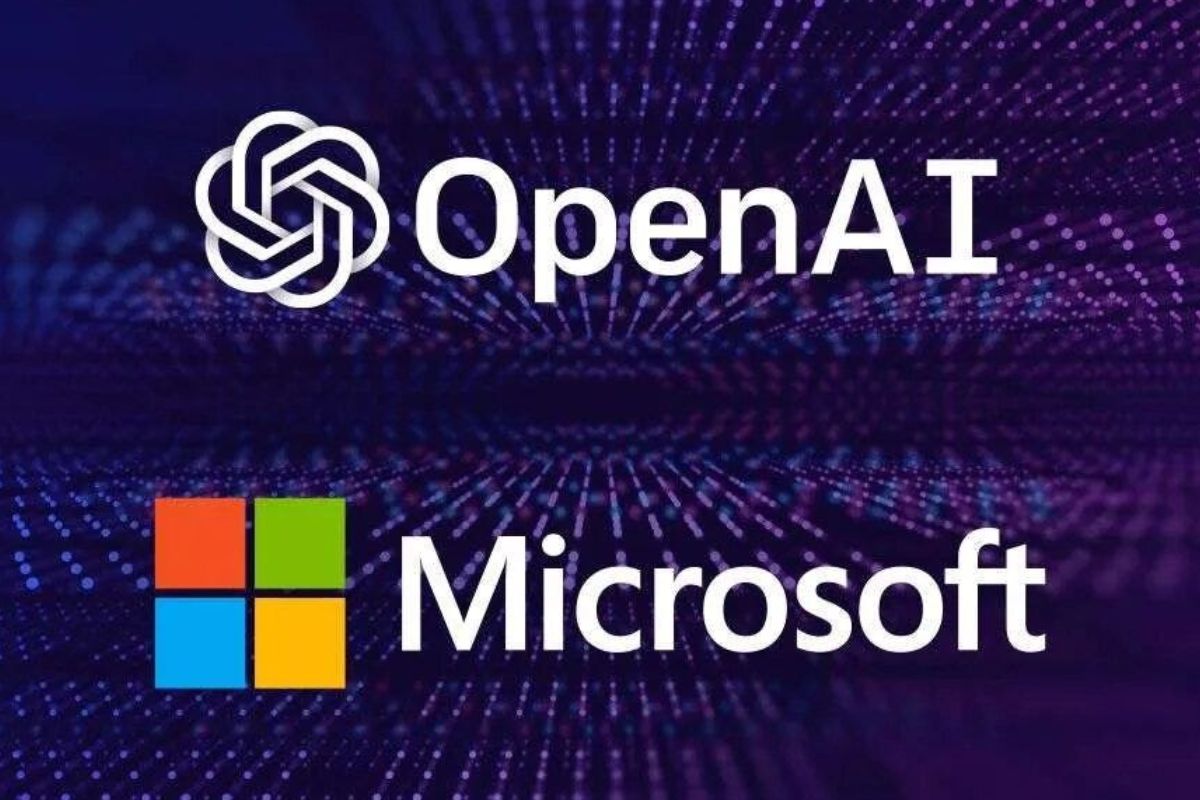(Source-www.equitypandit.com)
Microsoft’s relationship with OpenAI, the artificial intelligence startup, has become increasingly complex as navigates Microsoft and OpenAI evolving competition in AI field and search. In its latest annual report, Microsoft officially listed OpenAI as a competitor, a list that has traditionally included other tech giants such as Amazon, Apple, Google, and Meta. Despite their long-standing partnership, where Microsoft serves as OpenAI’s exclusive cloud provider and integrates its AI models into products for both commercial and consumer use, the dynamics have shifted. Microsoft has invested heavily in OpenAI, with reports indicating a total investment of $13 billion.
The recent changes indicate that Microsoft and OpenAI are beginning to encroach on each other’s territories. Microsoft’s filing identifies OpenAI as a competitor in AI offerings, search, and news advertising. This announcement follows OpenAI’s unveiling of a prototype search engine called SearchGPT. While some companies opt to pay OpenAI directly for access to its AI models, others use Microsoft’s Azure OpenAI Service. For users looking for alternatives to ChatGPT, Microsoft’s Copilot chatbot is accessible via the Bing search engine and Windows operating systems.
An OpenAI spokesperson clarified to CNBC that the partnership between the two companies remains unchanged, emphasizing that the collaboration was established with the understanding that competition would be a natural outcome. Microsoft continues to be a valuable partner for OpenAI, the spokesperson added. However, the past year has seen its share of drama and developments.
Development: Strategic Moves and Corporate Shifts
The relationship between Microsoft and OpenAI evolving competition in AI field took a major incident when OpenAI’s board unexpectedly removed CEO Sam Altman in November, reportedly without prior notice to Microsoft CEO Satya Nadella. After a swift reversal of the decision, Altman was reinstated, and Microsoft was granted a non-voting seat on OpenAI’s board, which the company relinquished earlier this month.
In a strategic move, Nadella brought Mustafa Suleyman on board in March. Suleyman, a co-founder of DeepMind, an AI research company acquired by Google in 2014, was appointed CEO of a newly formed unit called Microsoft AI. Suleyman previously co-founded and led Inflection AI, and several employees from Inflection joined him at Microsoft. This decision highlights Microsoft’s commitment to strengthening its AI capabilities and expanding its influence in the field.
Despite the competitive tensions, Nadella maintains a close relationship with Altman. In an interview with The New York Times, Nadella expressed admiration for Altman’s drive and ambition, stating, “One of the things I love about Sam is every day he’s calling me and saying, ‘I need more, I need more, I need more.’”
Key Features: Navigating a Complex Relationship
The competitive nature of the Microsoft-OpenAI relationship is evident in their overlapping areas of interest. Microsoft has been leveraging its cloud infrastructure to support OpenAI’s operations while simultaneously developing its own AI products. The introduction of Microsoft’s Copilot chatbot in the Bing search engine and Windows OS exemplifies its effort to offer alternatives to OpenAI’s ChatGPT. Meanwhile, OpenAI’s launch of SearchGPT signifies its intention to enter the search engine market, traditionally dominated by companies like Google and Microsoft.
Despite the competitive dynamics, both companies continue to benefit from their partnership. Microsoft’s significant investment in OpenAI has facilitated advancements in AI research and technology, which, in turn, enhances Microsoft’s product offerings. The collaboration allows Microsoft to integrate cutting-edge AI models into its services, providing users with improved experiences and capabilities.
Significance: The Impact on the AI Landscape
The evolving relationship between Microsoft and OpenAI underscores the dynamic nature of the AI industry, highlighting the Microsoft and OpenAI evolving competition in AI field. As AI technology rapidly advances, competition among tech giants intensifies, driving innovation and pushing boundaries. The collaboration and competition between Microsoft and OpenAI exemplify the delicate balance between partnership and rivalry that characterizes the tech sector.
The emergence of AI-driven search engines and chatbots is reshaping the digital landscape, influencing how users interact with technology and access information. Both Microsoft and OpenAI are at the forefront of this transformation, leveraging their expertise and resources to develop innovative solutions that cater to evolving user needs.
The relationship between Microsoft and OpenAI reflects the intricate interplay between collaboration and competition in the tech industry. While the companies continue to collaborate on various projects and initiatives, they also compete in key areas such as AI offerings and search technology. This dual dynamic drives both companies to push the boundaries of innovation and deliver enhanced products and services to their customers.
As AI technology continues to evolve, the partnership between Microsoft and OpenAI will likely undergo further changes, reflecting the “Microsoft and OpenAI evolving competition in AI field,” with both companies striving to maintain their positions as leaders in the field. The ongoing developments in AI and search highlight the importance of strategic partnerships and adaptability in an ever-changing technological landscape.












